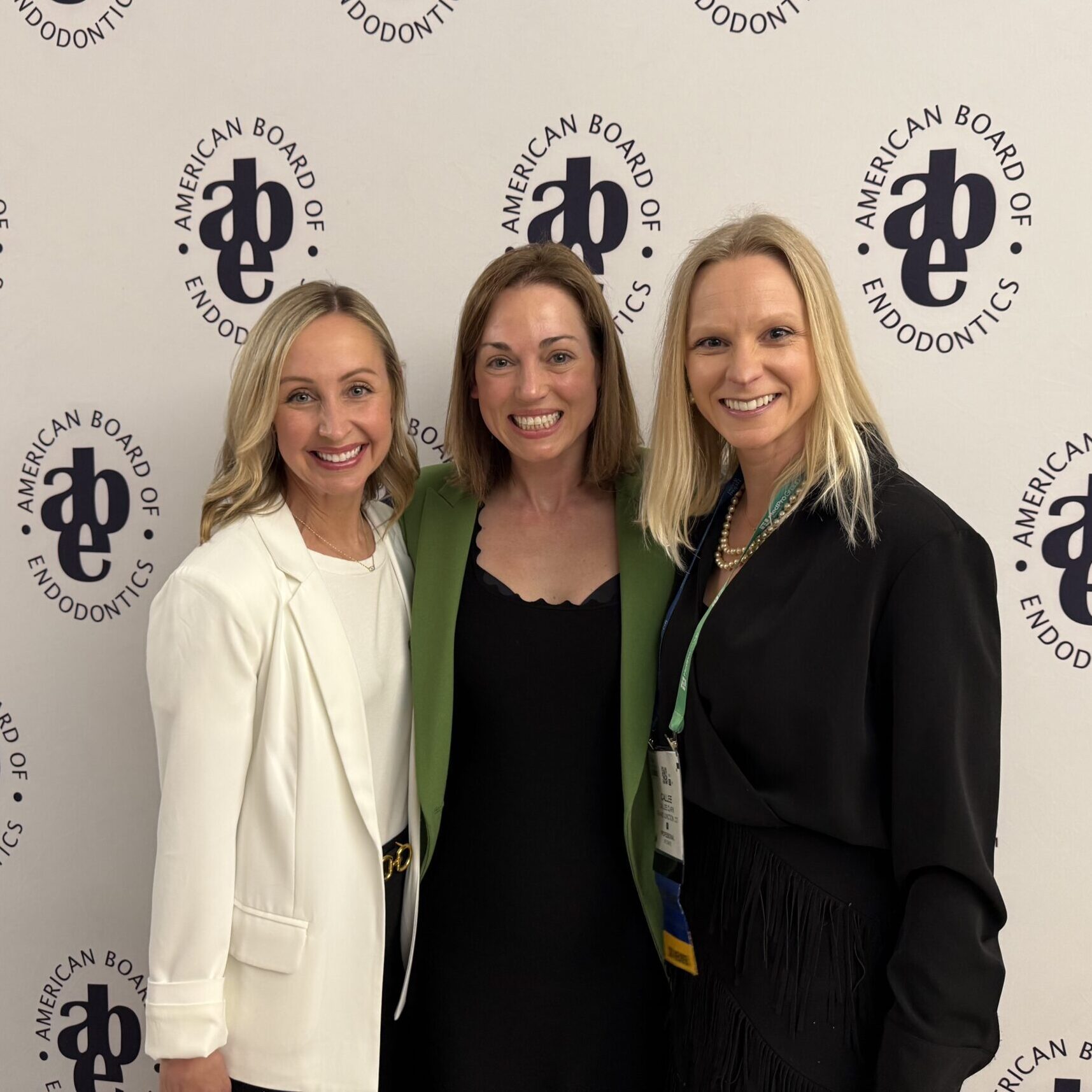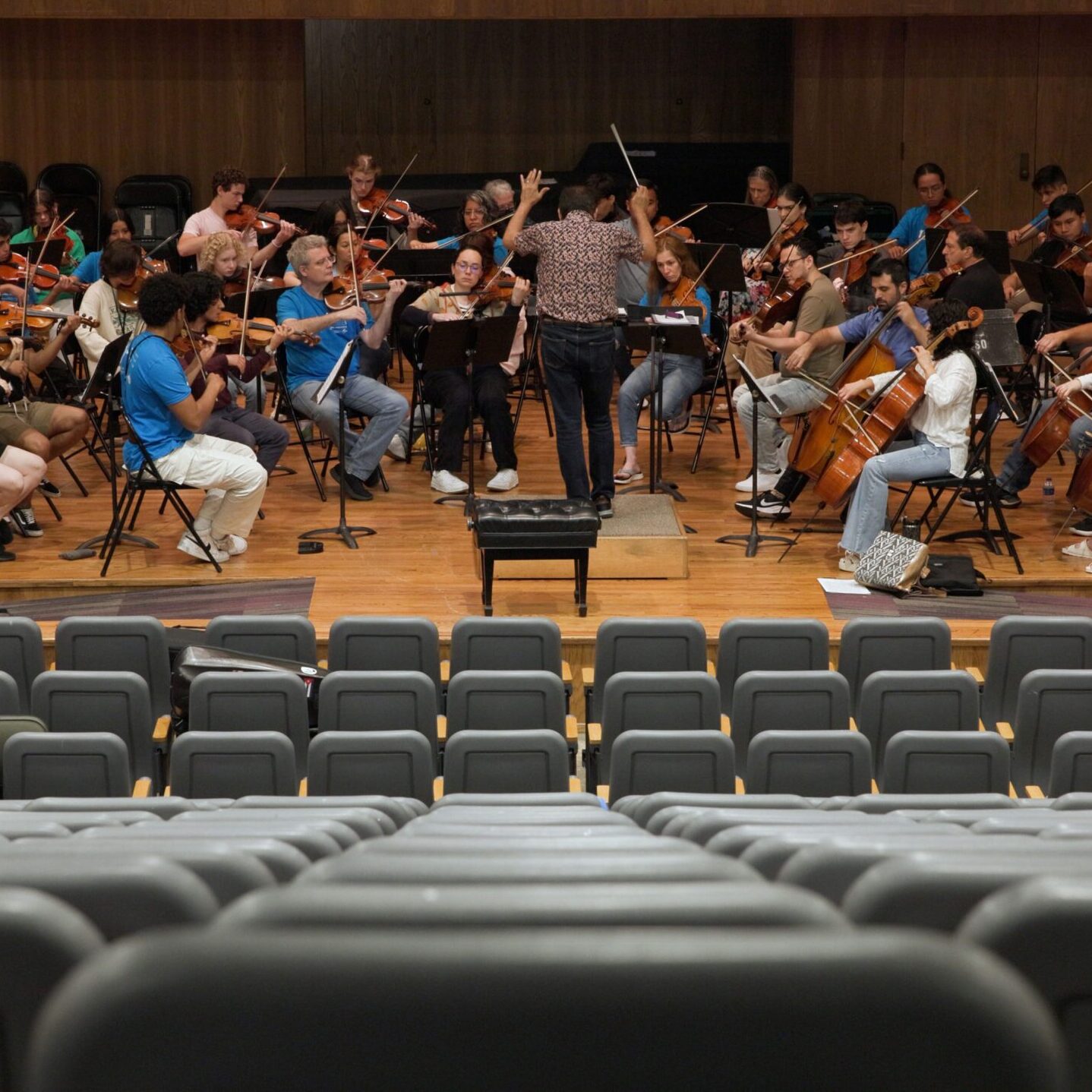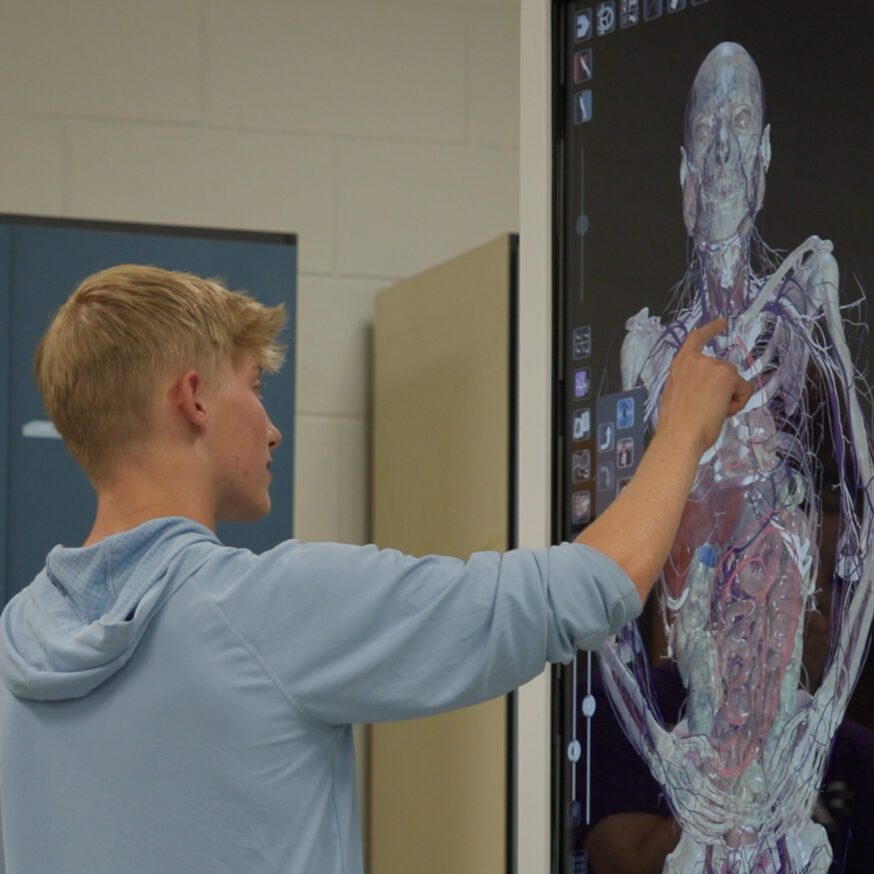Ford Teaching Fellowship
The Ford Teaching Fellowship Program offers opportunities for upperclassmen with an interest in teaching to work with closely with faculty.
The goal of the Ford Teaching Fellows Program is to attract qualified students into college teaching by encouraging the development of a close working relationship between a full-time faculty member and a promising undergraduate student. Program activities are designed to engage Ford Teaching Fellows in substantive teaching responsibilities in the college classroom and to support legitimate scholarly inquiry and/or research collaborations in an area of interest common to both the Fellow and the Mentor.
Ford Fellow/Faculty Mentor Relationship
The relationship between Ford Fellow and Mentor is a collegial one, nurtured under the Faculty Mentor’s leadership. Through an apprenticeship in teaching and research, the Faculty Mentor models excellence in college teaching and offers guidance to the Ford Fellow in all of his/her teaching, research, and professional development. It is important that the Ford Fellow and his/her Faculty Mentor collaborate over the summer to finalize plans and fine tune the details of their teaching year together. Expectations regarding the role of the Ford Fellow in and outside of class, the role of the Mentor in making assignments, assessing the Fellow’s performance, and offering feedback and critique should be discussed and agreed upon early in the relationship and program year. There will be an opportunity to focus on these and related issues during the opening retreat.
Substantive Teaching Responsibilities
There are many ways that Ford Fellows may engage in classroom teaching: by leading small discussion groups, leading drill and review sessions, supervising laboratory activities, peer tutoring, occasional lecturing on a subject for which the student has done independent research, and other appropriate activities. This will ensure that the Ford Fellow has ample opportunity to experience the challenges and satisfaction of college teaching. Ford Fellows are not merely undergraduate versions of graduate teaching assistants; rather, the Ford Fellow is gradually and carefully initiated into a rewarding teaching experience. Teaching fellows do not take the place of faculty, nor should they function merely as graders or clerical and lab assistants.
Other Benefits
Ford Teaching Fellows have regular opportunities to come together to discuss matters of common interest, and to reflect on the challenges of college teaching. The academic year opens with a Friday afternoon seminar which mentors and fellows are required attend. Ford Teaching Fellows will also meet during the year to discuss matters of common interest, particularly regarding teaching experiences, problems, challenges, successes, and ideas for improvement.
Travel stipends are available to finance a modest amount of Mentor and Fellow travel together to regional or national professional meetings, research conferences, and – or related activities that are customarily considered a part of a college professor’s professional activities.
For each semester of participation in the program, Ford Fellows receive an honorarium. This grant is intended to help Fellows carry out the work outlined in their proposals.
Ford Teaching Fellows and Mentors share a small personal budget for such expenses as books, occasional meals together, or other activities related to enhancing course instruction.
Eligibility
Any sophomore or junior who may be interested in a career as a college professor and who has an overall cumulative GPA of 3.2 as calculated at the end of the fall semester. Each student who applies must be sponsored by a full-time faculty member. Students who will not be on campus for academic reasons for part of the academic year should see the director for a full evaluation of their eligibility. Ford Fellows are expected to maintain a 3.2 GPA. Only full-time faculty members who hold the terminal degree in their academic field are eligible to serve as Ford Mentors.
Application and Selection Process
The Selection Process
Generally, a student may ask a faculty member to sponsor his or her application to the Ford Teaching Fellows Program. Alternatively, a faculty member may approach a student and encourage him or her to apply for the Teaching Fellowship. Together, the faculty mentor and the student will submit to the Ford Teaching Fellows Selection Committee a proposal in which they as a team propose a program suitable to their own discipline and goals. The Selection Committee generally allows four weeks for proposal development and writing.
Applications are available from the director of the program, Michael Gleason, and are due in his office by mid-March each year to be considered for the coming fall semester. Late applications will not be considered by the Selection Committee.
There are four components to the Ford Fellowship application:
- A description of the teaching responsibilities the Ford Fellow will assume. The description should indicate the class, or classes, in which the Fellow will participate, the anticipated responsibilities of the candidate, and how the faculty mentor will provide support and guidance. This part of the application is to be completed by the student in close consultation with the mentor.
- A description of the research and/or scholarly activities in which the Ford Fellow will be engaged. There is a wide variety of possible formats for these activities. A faculty mentor may supervise a formal research project and allow the student to earn college credit for this activity, or the faculty member and student may share in a less-structured reading program in which intellectual enthusiasm is shared. The description should indicate not only the anticipated responsibilities of the candidate but also how the faculty mentor will provide support and guidance, and whether college credit will be earned. This part of the application is to be completed by the student in close consultation with the mentor.
- A statement by the student explaining why he or she believes the Ford Teaching Fellowship is a good personal opportunity. Since the committee member may not know each one of the applicants, it is important to provide enough information to help them make their decisions.
- A statement by the faculty mentor describing why he or she wishes to be a mentor to this student.
A committee working with the director of the program will select the class of Ford Teaching Fellows each academic year with the following criteria in mind:
- The potential of the student as a future college professor. The essays which the student and mentor submit with the application should, therefore, address this issue.
- The evidence that a close working relationship between faculty sponsor and student will be forged during the Fellowship year. The committee realizes that an informal program may be as valid as a highly structured proposal. Therefore, the committee will attempt to consider each application on its own terms but will be searching for evidence that the student and mentor have already begun to fashion a partnership.
- The promise of the proposed program as a suitable apprenticeship for teaching and scholarship; the committee seeks well thought-through proposals.
- The commitment by both student and faculty sponsor to participate in the program.
- Commitment to participate in aPll activities, including a half-day retreat and the Director-Fellow Seminars (held twice per semester).
The Ford Fellowship Program and the Honors Program
The Ford Fellowship Program and the Honors Program may draw upon the same students, but the goals and aims of each are distinct:
- The Honors Program is a three-course commitment for the student. A participant in the Ford Program, however, may receive variable academic credit. Ford Fellowships may range from 1 to 4 hours in the fall and spring semesters.
- Honors is a research and scholarship program for the first two semesters. The Ford Program is committed not only to research and scholarship, but also to providing a significant involvement of the student in a teaching experience.
- Honors requires a thesis. Research and scholarship undertaken in the Ford Program do not necessarily result in a research paper.
- Students who hope to be accepted into both programs should think carefully about the time commitment required for each program.
The Millsaps Honor Code was adopted by the student body and approved by the faculty and board of trustees in 1994. The following is a representative, but not exhaustive, list of academic offenses and violations covered by this Millsaps Academic Honor Code:

Latest News
VIDEO: McMullan Writers Workshops
Guided by accomplished poets, novelists and writers, each participant finds the space to take creative risks and tell their stories.

Dentists’ Dreams Took Root at Millsaps
I loved that it was cool to be smart, to want to study, to want to succeed.

VIDEO: Premier Orchestral Institute
Everyone is having a blast. We are so thankful that we have a place we can call the home of POI in Millsaps — for many years now.

VIDEO: Camp MRI — Medical Readiness Initiative
My hope is that by exposing kids to so many different forms of healthcare, they wouldn’t just say ‘I want to help people,’ they would know how they could.
